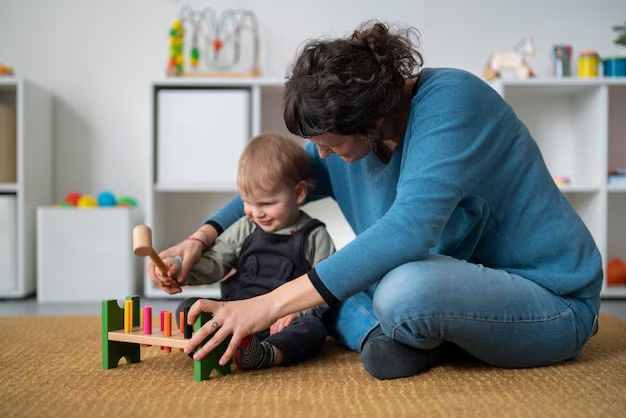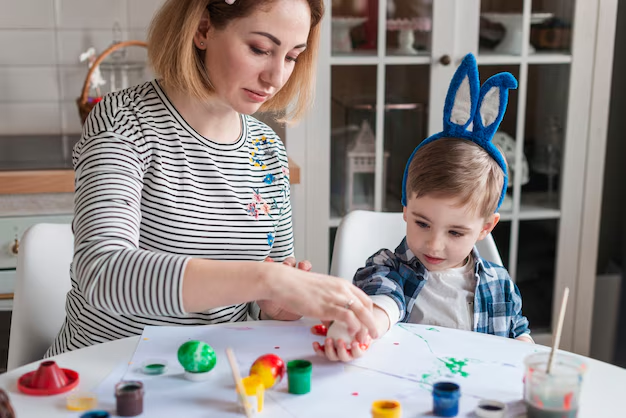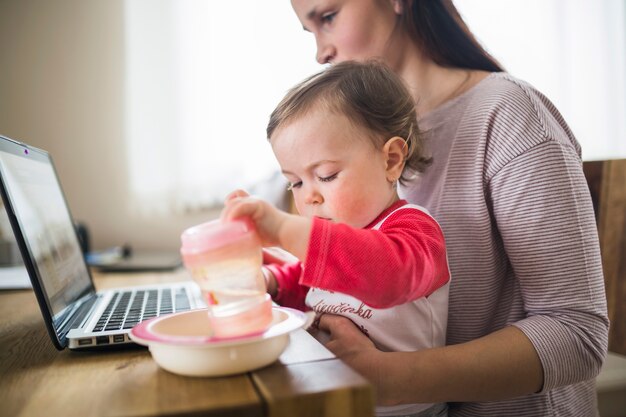Sensory play
Sensory play is a wonderful way to engage children in exploratory learning, promoting cognitive development, creativity, and imagination.
1. Rice Bin Exploration: Fill a bin with rice and hide small toys or other objects for children to find and explore.
2. Sand Play: Create a sandbox or a sand-filled container and add water, shells, or other objects for children to discover.
3. Water Play: Set up a water table or a large container filled with water and add soap, sponges, or other materials for children to experiment with.
4. Playdough Creations: Make homemade playdough using flour, water, and food coloring, and let children mold and shape it.


5. Sensory Bottles: Fill empty bottles with water, oil, sand, or rice, and add food coloring, glitter, or other materials for children to explore.
6. Nature Walks: Take children on a nature walk and encourage them to collect leaves, rocks, or other natural materials to explore.
7. Ball Pit Fun: Create a ball pit using a container filled with balls and let children play and explore.
8. Finger Painting: Set up a space for children to paint using their fingers, exploring different textures and colors.
9. Sensory Bags: Fill bags with different materials like beads, rice, or sand, and let children explore using their hands.
10. Music and Movement: Create a space for children to experiment with music and movement, using instruments, scarves, or other materials.
Benefits of Sensory Play
1. Cognitive Development: Sensory play helps children develop problem-solving skills, critical thinking, and creativity.
2. Fine Motor Skills: Sensory play activities like playdough, finger painting, and sensory bags help children develop fine motor skills.
3. Emotional Intelligence: Sensory play helps children develop emotional intelligence by exploring and expressing their emotions.
4. Social Skills: Sensory play encourages social interaction, sharing, and cooperation among children.
5. Calming and Soothing: Sensory play can be calming and soothing for children, helping them regulate their emotions and behaviors.


Supervise
1. Supervise: Always supervise children during sensory play to ensure their safety.
2. Prepare the Space: Prepare the space by covering tables, floors, and other surfaces to make cleanup easier.
3. Use Variety: Offer a variety of sensory play materials and activities to keep children engaged and interested.
4. Encourage Exploration: Encourage children to explore and discover new things, but also respect their boundaries and preferences.
5. Clean Up: Establish a clean-up routine to help children develop responsibility and self-care skills.


